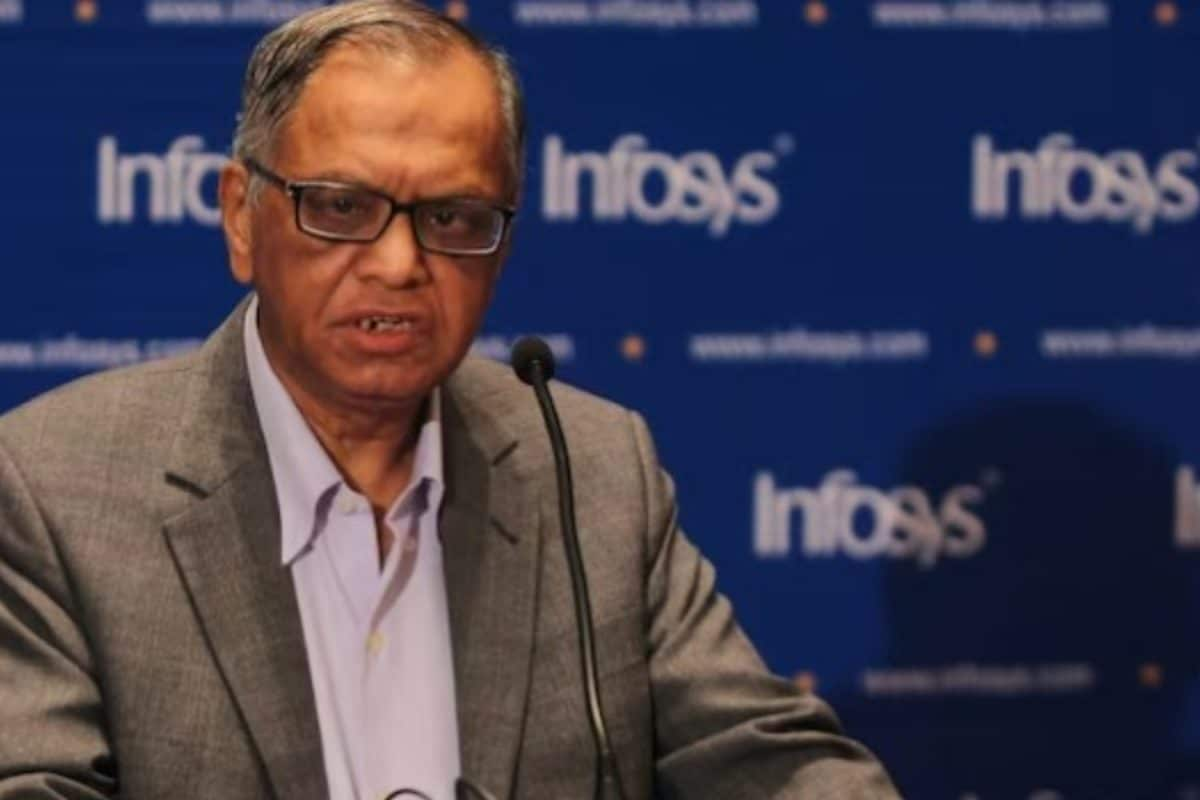

Infosys co-founder N.R. Narayana Murthy has become a vocal proponent of using AI tools to boost productivity, citing his personal experience with ChatGPT as a prime example. Murthy revealed that he now leverages the AI-powered chatbot to prepare for his lectures and speeches, drastically reducing his preparation time from nearly 30 hours to a mere five. This revelation highlights Murthy's belief that AI should be viewed as an assistant, not a threat, and that it has the potential to significantly enhance human capabilities across various industries.
Murthy shared his experience in a recent interview, explaining that he previously dedicated a significant amount of time to meticulously crafting his talks, ensuring a cohesive theme, interrelated sub-themes, and a strong concluding message. However, after his son, Rohan Murty, introduced him to ChatGPT, he discovered a way to streamline his process. By using the AI tool, Murthy was able to improve his draft in just five hours, marking a fivefold increase in his productivity. This experience has solidified his conviction that AI can be a powerful tool for augmenting human effort and improving efficiency.
Murthy believes that AI's usefulness hinges on the user's ability to define their needs and queries effectively. As his son advised, "unless you ask the right question, you won't get the right output." This emphasizes the importance of human intelligence in guiding and directing AI tools to achieve desired results. Murthy has consistently advocated for AI's potential to support work rather than displace workers, emphasizing its role as a productivity enhancer.
Murthy envisions a future where Indian IT companies leverage AI to accelerate software development, reduce errors, and tackle more complex challenges. By automating repetitive tasks, AI can free up engineers to focus on strategic problem-solving, ultimately allowing them to move up the value chain. He draws parallels to the computerization of UK banks in the 1970s, where initial resistance eventually gave way to widespread acceptance as machines improved productivity and enabled employees to achieve a better work-life balance. Murthy anticipates a similar trajectory for AI, with initial apprehension gradually replaced by recognition of its benefits.
Moreover, Murthy believes that AI will not only enhance existing jobs but also create new opportunities by enabling professionals to become better at framing problems and defining tasks. This perspective aligns with the broader view that AI is an augmentative force that will drive innovation and growth across sectors.
Murthy's positive outlook on AI is echoed by other industry leaders who recognize its potential to boost efficiency and creativity. However, Murthy also cautions against overhyping "ordinary" programs as AI, emphasizing the importance of understanding the fundamental principles of machine learning and deep learning. He explains that machine learning involves large-scale correlation, enabling predictions based on vast amounts of data, while deep learning imitates the human brain and can handle unsupervised algorithms to create new programs.
While acknowledging concerns about job displacement, Murthy remains optimistic about AI's potential to create new professions, particularly in sectors like autonomous vehicles and hospital care. He believes that technological advancements often lead to the elimination of certain jobs while simultaneously generating new opportunities.
In conclusion, Infosys co-founder N.R. Narayana Murthy's experience with ChatGPT has reinforced his belief that AI is a valuable tool for boosting productivity and augmenting human capabilities. He advocates for its responsible adoption across industries, emphasizing its potential to enhance efficiency, drive innovation, and create new job opportunities. Murthy's insights offer a balanced perspective on AI's impact, highlighting its role as an assistant rather than a threat and underscoring the importance of human intelligence in guiding its development and application.